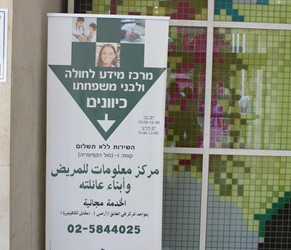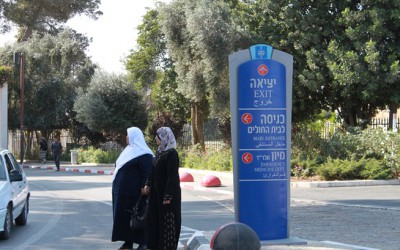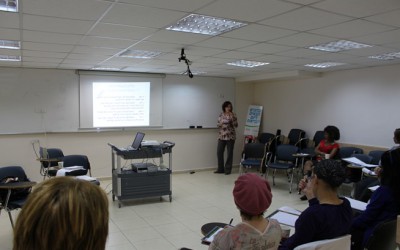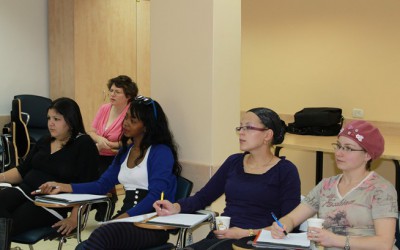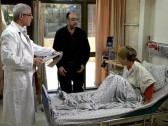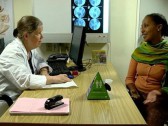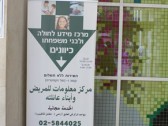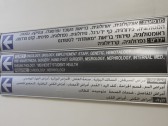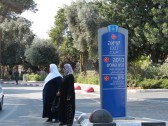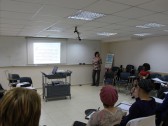About the project
With Support from the Jerusalem Foundation, in 2008 the Jerusalem Intercultural Center (JICC) began incorporating cultural competency programs into the Israeli healthcare system. It worked with the Israel Ministry of Health to both create training courses and establish national standards for culturally competent care. All the major hospitals and health funds in Jerusalem have since become involved in programs specially tailored to the needs and cultural sensitivities of their target populations. The JICC’s aim in educating healthcare providers in cultural competency is to promote awareness of the differing cultural and ethnic sensitivities that service users may have. This satisfies a patient’s basic right to understand their medical condition, while allowing treatment to be delivered in the most sensitive and efficient way. This is in line with the JICC’s agenda, having worked for over a decade to promote mutual understanding through interfaith dialogue.
The JICC’s approach is multi-pronged. To resolve miscommunication issues presented by language barriers it provides language training to healthcare professionals and encourages the translation of medical forms into multiple languages. To ensure the provision of appropriate healthcare, it educates service providers in how cultural particularities may hamper its delivery. This is known as ‘sensitivity training.’ The establishment of national networks to connect cultural competency specialists, which facilitate discussion and peer-learning, have contributed to a growing level of professionalism in the field. In recent years the JICC, which often partners with the Jerusalem Foundation on coexistence projects, has applied these concepts to other disciplines, notably Hadassah College, the National Insurance Institute and the police force.




